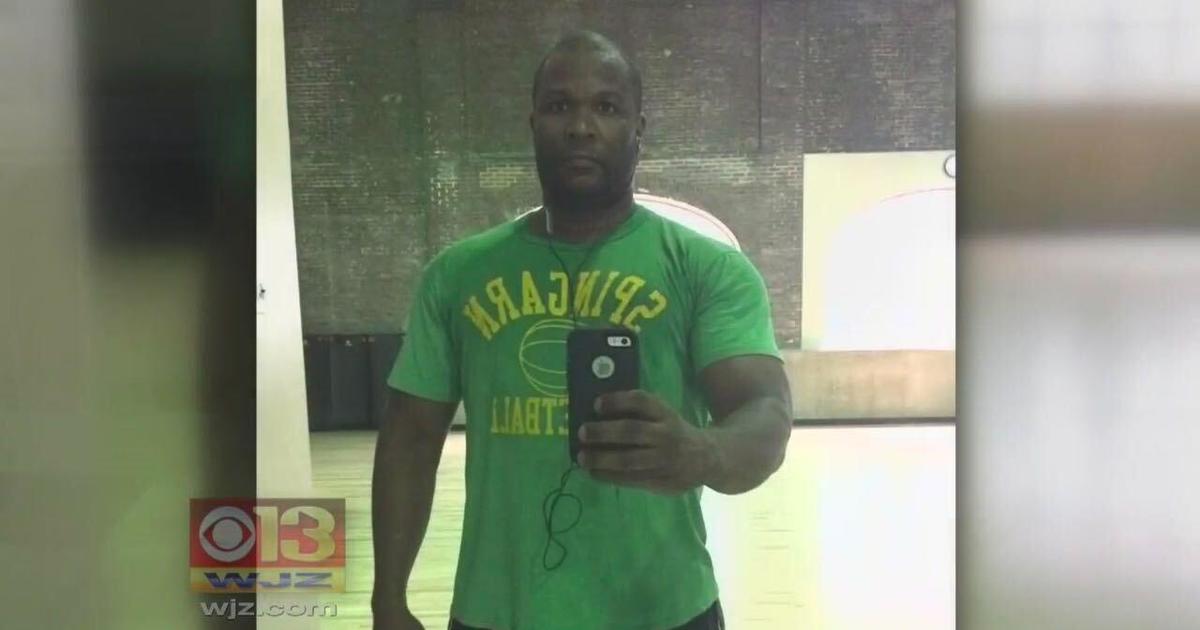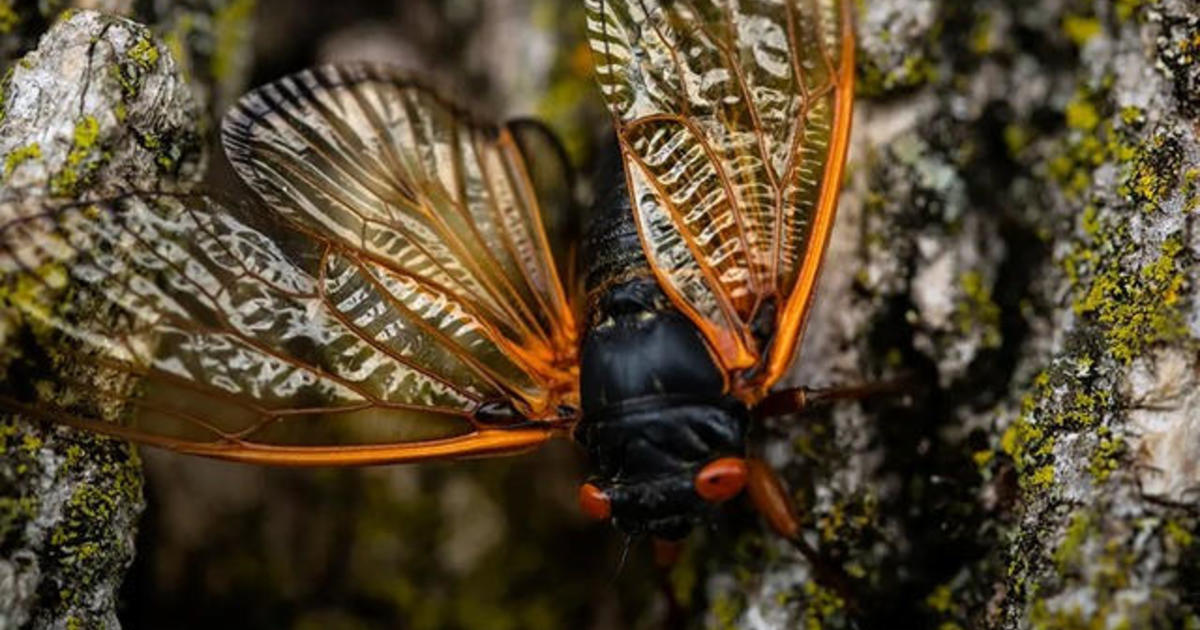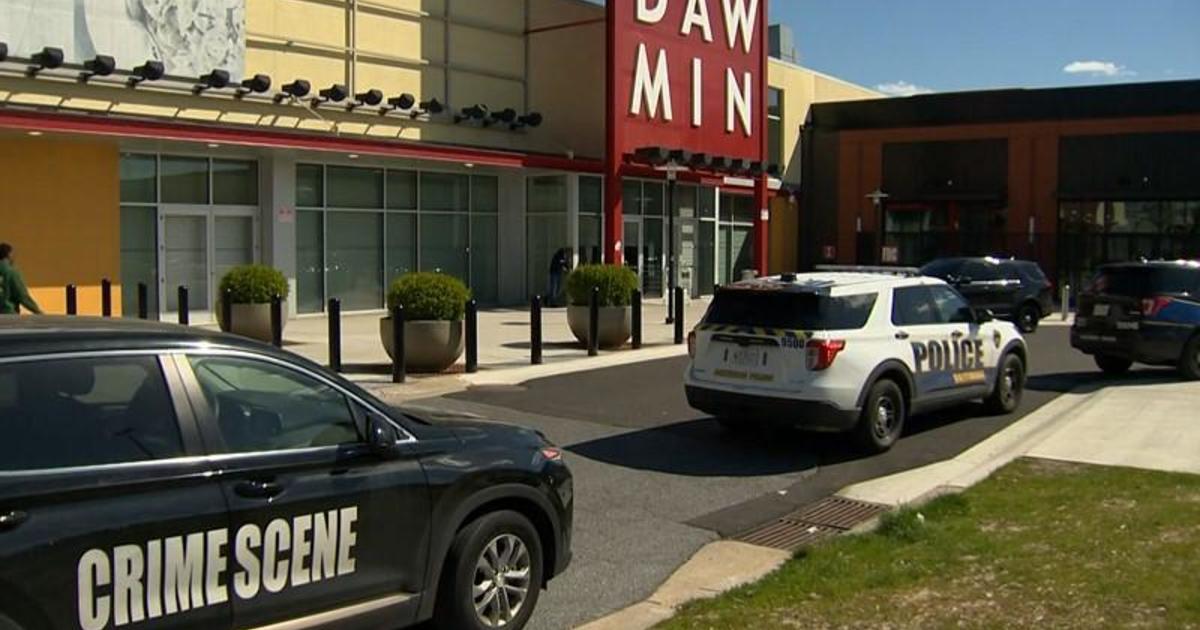Ben's Chili Bowl Papers, Photos Go To GW Library
WASHINGTON (AP) -- Historical papers, photographs and other documents from Ben's Chili Bowl -- a popular diner that has been a fixture in Washington's African-American community for more than a half-century -- were placed on view Wednesday at George Washington University's Africana Research Center.
The collection features business records and photographs of some of the famous people who visited as diners, including jazz greats Duke Ellington, Nat King Cole and Cab Calloway. Bill Cosby has been a regular on visits to Washington over the years, and President Barack Obama also visited the U Street eatery for its trademark chili-covered half-smokes.
"Aside from the wonderful African American celebration of the Black Broadway from the 1900s to the 1970s, you also get this really interesting picture of a small family struggling and making a very successful and now, iconic business," said George Washington University historian Bernard Demczuk, who has served as the Chili Bowl's historian for the past 10 years.
Payroll books, receipts and old menus -- stained with chili -- show changing prices over time, as well as the restaurant's struggles to stay open when its neighborhood was nearly destroyed by race riots following Martin Luther King Jr.'s assassination in 1968, and later drugs and crime. In the 1980s, the construction of Metro's green line brought business to a halt, but Ben's stayed open to serve workers and regulars.
Ben Ali opened the Chili Bowl in an old movie house in 1958 in a segregated Washington. Dwight Eisenhower was president and U Street was thriving with black-owned shops and theaters.
Ali, an immigrant from Trinidad, earned a bachelor's degree in Nebraska and moved to Washington to study at Howard University. He died at age 82 in 2009. The family continues to operate the restaurant, with its familiar lighted sign showing images of a "chili smoke" and a "chili burger."
Donated by the family to the university's research collection, the exhibit includes a table and chairs from the Chili Bowl, along with a case of memorabilia.
"It's not just a story of a business," Demczuk said. "It's a story of a family who had a belief in the business and the community."
Meredith Evans Raiford, the Africana collection director, said the Ali papers are the first business collection from Washington's black community. They plan to add an oral history from Ali's widow, Virginia Ali.
The university's Africana collection also includes the papers of abolitionist leader and social reformer Frederick Douglass, black scientist Benjamin Banneker and records from organizers of the 1963 March on Washington.
Demczuk, who said he uses the Chili Bowl as a classroom to teach black history, said the Ali papers are a fitting addition.
(Copyright 2011 by The Associated Press. All Rights Reserved.)



